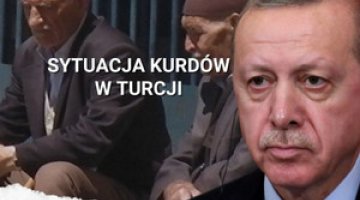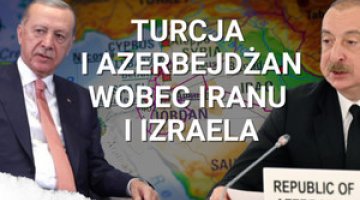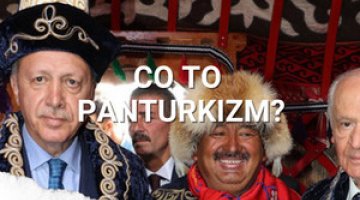Turkey gives ground over Kobane
On 20 October Turkey performed a U-turn by announcing that it would allow Iraqi Kurdistan forces (the Peshmerga) to cross its territory on the way to Kobane in northern Syria near the border with Turkey. The Peshmerga forces will strengthen the defence of the Kurdish town against the offensive which Islamic State militants launched in mid-September. So far the town has been defended by Kurdish PYD fighters (a Syrian affiliate of the terrorist organisation, the Kurdistan Workers' Party, PKK) with support from the US air force. Turkey, the US, Iraqi Kurdistan and the PYD are discussing the number of troops in the Peshmerga contingent and the nature of their involvement in the fighting. According to press reports they will be deployed to the theatre of fighting within nine days.
Several hours before Turkey announced its decision, the US had launched arms, munitions and medicine drops for the PYD fighters in Kobane. Turkey is consistent in withholding support for the PYD which it identifies with the PKK. Turkey's decision has been met with approval in Washington.
Commentary
- Turkey's decision is a reaction to the US launching its support for Syrian Kurds from the PYD. Turkey fears that the American aid will lead to an excessive consolidation of the PYD and PKK (which Ankara deems hostile), to strengthening their co-operation with Washington and that this in consequence will make it more difficult for Turkey to regain control over developments in the area near the Turkish-Syrian border. In order to prevent this scenario Ankara has decided to allow the army of allied Iraqi Kurdistan to pass through its territory, hoping that this will provide a counterbalance to the PYD and PKK.
- Involvement in the Kobane crisis constitutes a breach in Turkey's policy since Ankara had not previously agreed to the transit of the Peshmerga forces and had made its support for the anti-terrorist operation dependent on the US adopting Turkey’s complete plan to resolvee the Syrian conflict (including the fight against the Assad regime and arms supplies to the anti-Assad opposition). Pushing for the adoption of this plan has so far proven ineffective; it has not led to a change in US policy—on the contrary, it has contributed to co-operation between Washington and the PKK being established. This has persuaded Turkey to adopt a more flexible position and to undertake ad hoc measures which have in fact been forced upon them by the American policy. Despite this temporary abandonment of the complete plan to regulatee the Syrian conflict it should be expected that Ankara will continue its attempts to impose it on the US.
- It remains an open question whether Turkey will gain considerable control over the situation in this part of its southern neighbourhood by allowing the Peshmerga army to pass through its territory. It will depend on a large number of factors, the majority of them beyond Ankara's control, including: developments in the theatre of war, relations with Syrian and Iraqi Kurds (who have so far been in competition with each other) and further US policy. It is not either clear how Islamic State will respond to Turkey's decision. To date it has not undertaken large-scale operations against Turkey. Ankara assumes that the decision to allow the Peshmerga forces to pass through its territory will result in the regional position of the PYD and the PKK being limited. This is, however, also the most decisive step Turkey has taken against jihadi fighters. The risk of start of a conflict with Islamic State is therefore increasing.





